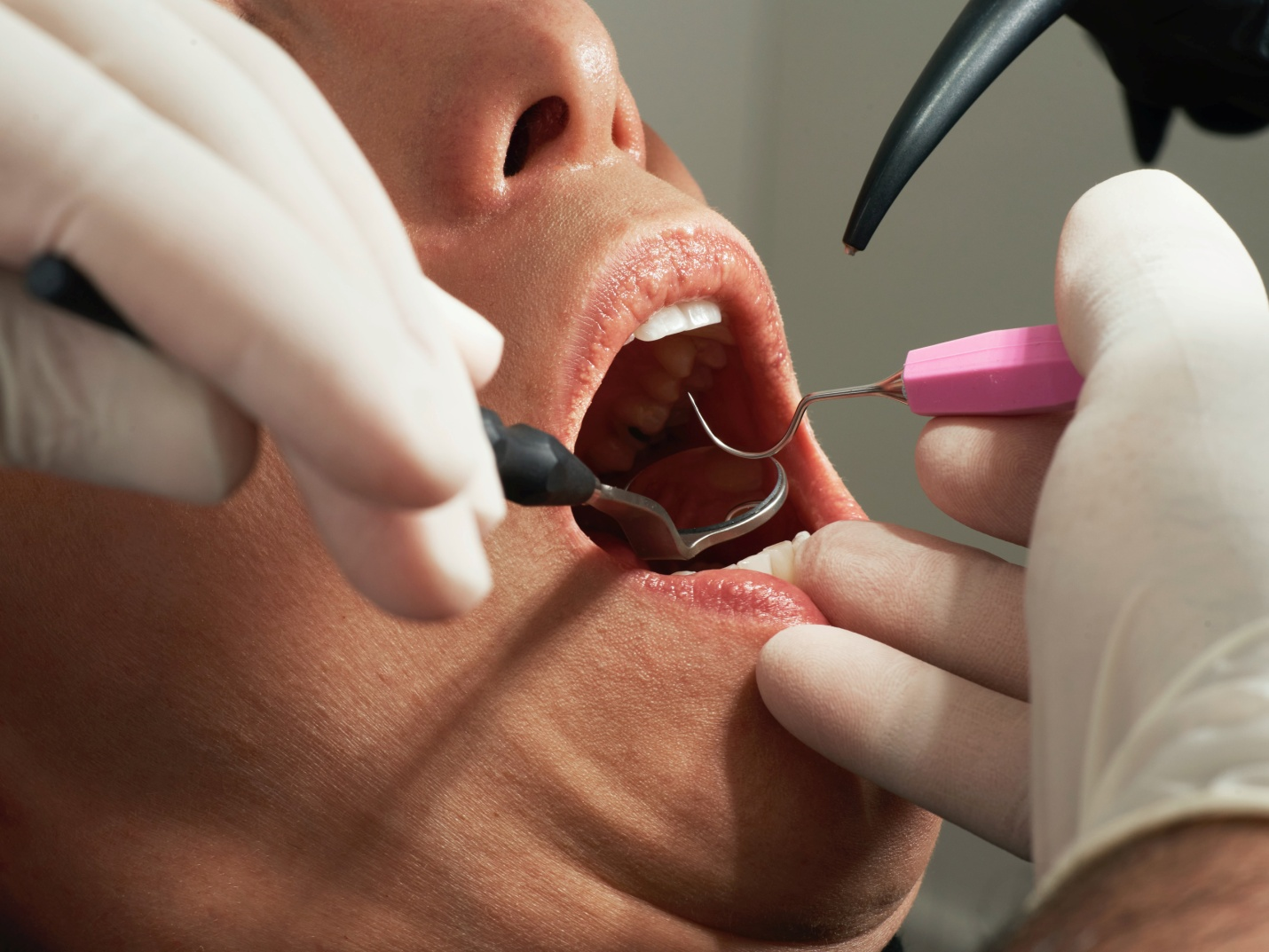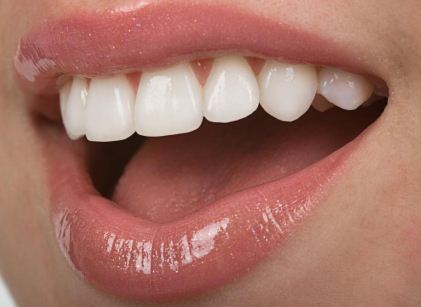Taking care of your oral hygiene and visiting the dentist regularly is important not only to make your teeth look clean and sparkling but also to avoid serious dental infections. Forgetting to brush, floss, or not going to the dentist for long periods of time can result in the growth of bacteria that can cause cavities, tooth decay, gingivitis, and other conditions. Some of these viruses are short-term, but some can also result in serious complications.
In this blog, we’ll go over some common dental infections and how to prevent them.
1. Dental Caries
Dental caries is among the most common dental infections and affects both children and adults. It can occur due to tooth decay and cavities. It is caused by a bacteria called ‘Streptococcus Mutans,’ which feeds on sweet, sticky foods stuck in the teeth.
The more sugar a person consumes, the higher their chances of developing cavities and dental caries. Cut down on your sugar intake by avoiding candies, sweets, and carbonated beverages to avoid dental caries.
2. Gingivitis
Gingivitis is an early gum disease. It develops when bacteria in the mouth settle in the gum line and produce toxins. The toxins can inflame the gums and cause discomfort. Your gums may also appear swollen and bleed when you brush.
Flossing twice daily is a good way to prevent the bacteria from settling in the gum line. Visit your dentist if you notice any signs of gingivitis. They’ll come up with an effective treatment plan that could work well for your condition.
3. Periodontal Disease
Gingivitis, if not treated properly, can lead to periodontal disease. Periodontal disease occurs when the infection spreads further down the gum line and affects the bone and tissues supporting the teeth. Gums start receding, causing other problems like tooth sensitivity.
As per CDC, over 47 percent of adults over 30 have had periodontal disease at some point in their lives.
Periodontal disease needs medical treatment, and your dentist will prescribe the required medication and procedures.

4. Canker Sores
Canker sores are also referred to as Aphthous Ulcers. They can be discomforting but usually heal by themselves in around a week or two. The cause of Canker sores is unknown. However, hypersensitivity to food, anxiety, and stress can trigger them.
If you suffer from a dental infection, it’s best to get it checked by a dentist. For swift dental consultation, visit Advance Dental Center in Germantown, MD. We offer a variety of dental services, including cavity fillings, dentures, partial dentures, dental implants, dental veneers, and more. Contact us now to learn more about our cosmetic and family dentistry services!





